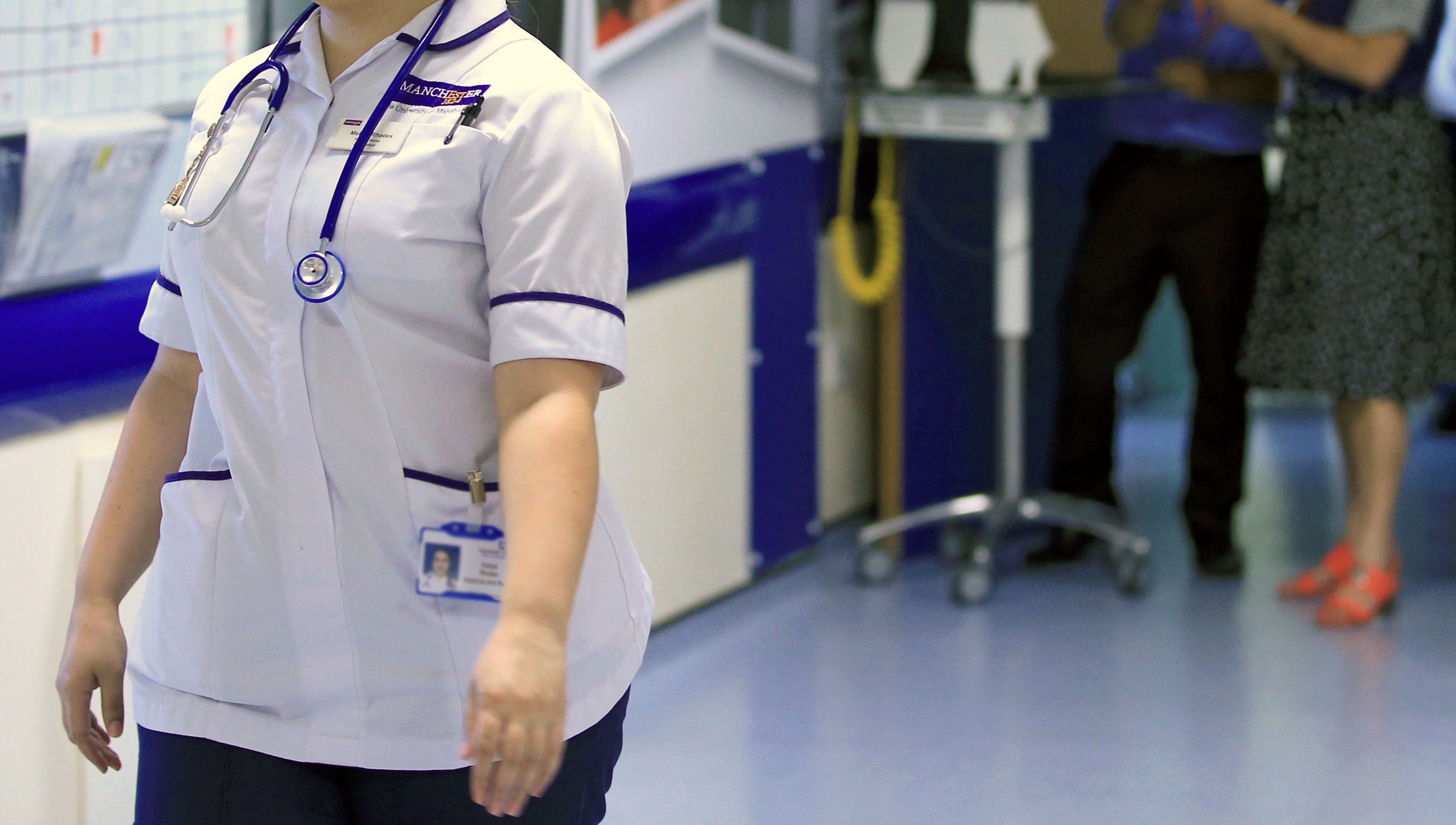Healthcare workers’ pandemic bonus payout date is revealed
Leo Varadkar said legislation needs to be changed to make sure the payment is tax-free.

Your support helps us to tell the story
From reproductive rights to climate change to Big Tech, The Independent is on the ground when the story is developing. Whether it's investigating the financials of Elon Musk's pro-Trump PAC or producing our latest documentary, 'The A Word', which shines a light on the American women fighting for reproductive rights, we know how important it is to parse out the facts from the messaging.
At such a critical moment in US history, we need reporters on the ground. Your donation allows us to keep sending journalists to speak to both sides of the story.
The Independent is trusted by Americans across the entire political spectrum. And unlike many other quality news outlets, we choose not to lock Americans out of our reporting and analysis with paywalls. We believe quality journalism should be available to everyone, paid for by those who can afford it.
Your support makes all the difference.Healthcare workers’ pandemic bonus is set be paid in February or March, the Tanaiste has confirmed.
Leo Varadkar said legislation needs to be changed to make sure the payment is tax-free.
The Government on Wednesday announced a raft of measures designed to thank the public and frontline workers for their efforts during the Covid-19 pandemic.
Among the measures announced is a one-off public holiday on March 18, as well as a tax-free payment of 1,000 euros (£832) to frontline healthcare workers.
The one-time payment will be issued to more than 100,000 people, including agency workers contracted by the Health Service Executive (HSE), such as nurses, cleaners, and paramedics, Mr Varadkar confirmed.
Sinn Fein’s Pearse Doherty welcomed the gesture but claimed there is a “high level of ambiguity” about who is in line to get the cash.
“The Government haven’t been very clear about this over the last 24 hours,” he told the Dail on Thursday.
“I would appreciate some clarity in relation to how exactly it will be determined, who will be able to receive the payment, and when they will receive it.”
Family carers provide care that is very specialised, very intense and very intimate
Mr Doherty said those who feel “most let down” are family carers, and urged the Tanaiste to thank them financially too.
“Family carers provide care that is very specialised, very intense and very intimate,” he added.
“Of course, they deserve recognition from everybody in this House – but they also deserve more than just a pat on the back or soft words.
“Over the course of the past two years, carers have seen respite curtailed, as well as access to day centres for those they care for.
“As a consequence of all of that, it saved the state money. Their care already saves the state hundreds of millions of euro every single year.
“Family carers do not get the benefit of public holidays. Their role is 24/7.”
But Mr Varadkar ruled family carers out of the bonus, saying it was “very hard” to know where to draw the line.
He said staff working for a private hospital, GP practice, pharmacy, or private swab centres are also being rewarded.
The Fine Gael leader said further information will be provided on Thursday regarding the criteria to receive the bonus.
“We did give a lot of thought, a lot of considerations and consultation as well,” Mr Varadkar added.
“We decided that those who would receive this particular additional payment are those who worked in clinical settings, wore masks and gowns everyday, were employees of the State, were exposed to Covid patients every day.
“That’s the criteria, essentially, that we did apply and that’s over 100,000 people.”
He continued: “There are different types of carers. There are HSE carers, there are carers that work for an agency.
“There are family carers who are in receipt of carer’s allowance and carer’s benefits. There are family carers who are not in receipt of those benefits.
“But for home carers employed by the HSE, they will go around to lots of different houses.
“They may have been exposed to dozens or hundreds of people through the course of their work. Family carers would almost always provide that care in their own home, in their own household or perhaps in the household of a close relative.
“So I think there is a difference there.”